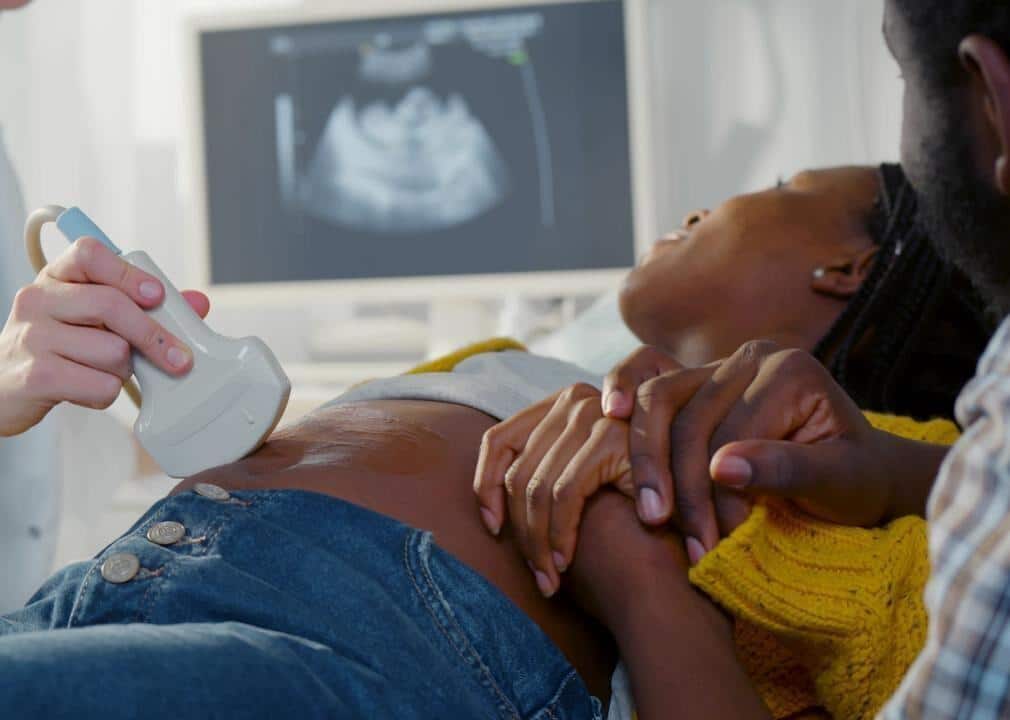As part of our Mama TV series with The Portland Hospital, we met Doctor Pranav P Pandya, who is the Director of Fetal Medicine. Here, he answers our questions about fetal scans, how to take care of yourself in pregnancy and what extra precautions pregnant women should take during the pandemic.
Q What is your area of expertise?
A Fetal medicine is essentially a specialty that aims to look after the baby before he/ she/they are born. I perform an ultrasound examination (scan) on pregnant mums either when there are concerns about the baby’s development (eg a structural abnormality or a small baby) or routine scans to reassure parents that the baby is developing normally.
Q Do you have any advice for pregnant women in the pandemic?
A In the present climate I think the single most important public health message that I would like to recommend is that all pregnant women should get the Covid vaccine/ booster, unless they are medically exempt.
Q What types of pregnancy screening do you offer?
A I scan pregnant women from the start of the pregnancy until the baby is born. In an ideal world I would recommend scans at 6-8 weeks (to check the baby is in the womb, there is a heart beat and look for more than one baby), at 10 weeks to perform non-invasive prenatal testing for Trisomy 21, 18 and 13 (this is the most significant recent advance in screening), at 12-14 weeks (to measure the fetal nuchal translucency and start looking for anomalies), at 16 weeks (early anomaly scan), at 20 weeks (anomaly scan) and at 28 and 36 weeks (fetal growth, presentation and fetal anomalies). I appreciate that this sounds like a lot but in reality each scan has a role and provides reassurance to the parents. The NHS offers two routine scans at 11-14 and 20 weeks, however women often require additional scans.
Q What are 3D and 4D scans?
A Mostly used to get pictures of the baby’s face for the parents. Medically we do use 3D images to look at baby’s face that have a cleft lip to see if there is a cleft palate. In addition 3D can be very useful if there are concerns about the baby’s brain development.
Q What would you consider to be the single most important factor in pregnancy care?
A I would say that the best care is individualised to the needs of the mother and her family. Thankfully we are all different and this makes my job interesting and at times challenging. There is no single factor that works for all – just in the same way that there is no secret diet that guarantees permanent weight loss!
Q How do you advise women to look after themselves during pregnancy?
A I think a healthy balanced diet (you do not need to eat for two), exercise – and get your scans!






COMMENTS ARE OFF THIS POST